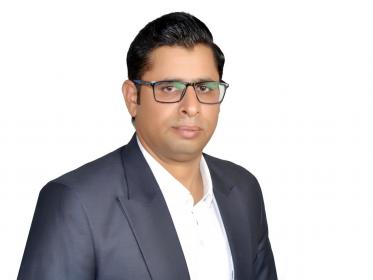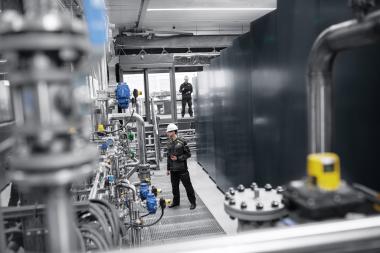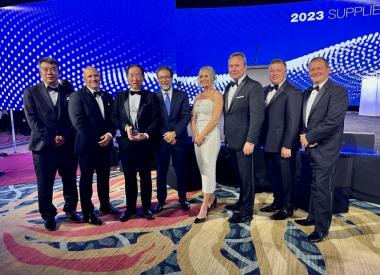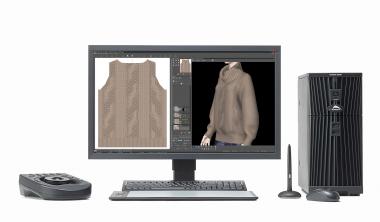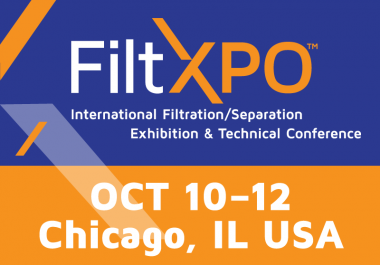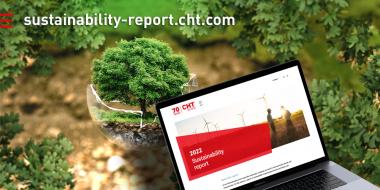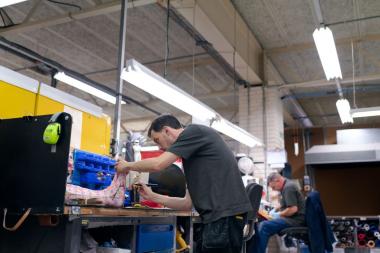OETI opens sales office in Pakistan
Since 1967, ‘OETI - Institute for Ecology, Technology and Innovation’ has made a name for itself worldwide as an accredited and notified centre of excellence. With decades of experience as a service provider, the company specialises in the testing and certification of textiles, leather, personal protective equipment (PPE), floor coverings and interior furnishing materials. It also assesses indoor air quality. As a founding member of the international OEKO-TEX® association (1992) and official OEKO-TEX® testing institute, OETI also comprises the entire OEKO-TEX® product portfolio.
Between its own international branches and the branches of OETI’s Swiss parent company, TESTEX AG, OETI’s network of locations spans several continents. Recently, one more branch has been added in Pakistan (headquartered in Faisalabad).
OETI Pakistan is managed by Akhlaq Hussain, who has decades of experience in the textile and apparel industry for testing, inspection, certification, auditing, product safety, training and sustainability management.
Akhlaq Hussain’s main goal is to ‘create visibility for the OETI brand in Pakistan. We want to offer sustainable, reliable, and competitive services to Pakistan’s textile industry. My aim is to foster Pakistan’s exports by offering more sustainable certifications and training in environmental and social topics as well as due diligence in supply chains, which are in high demand in European countries.’
Markus Lang’s - OETI’s Global Head of Marketing & Sales – main goal is to ‘increase the awareness of sustainability within Pakistan’s textile and leather industry, which is also the main objective of our future development.’


